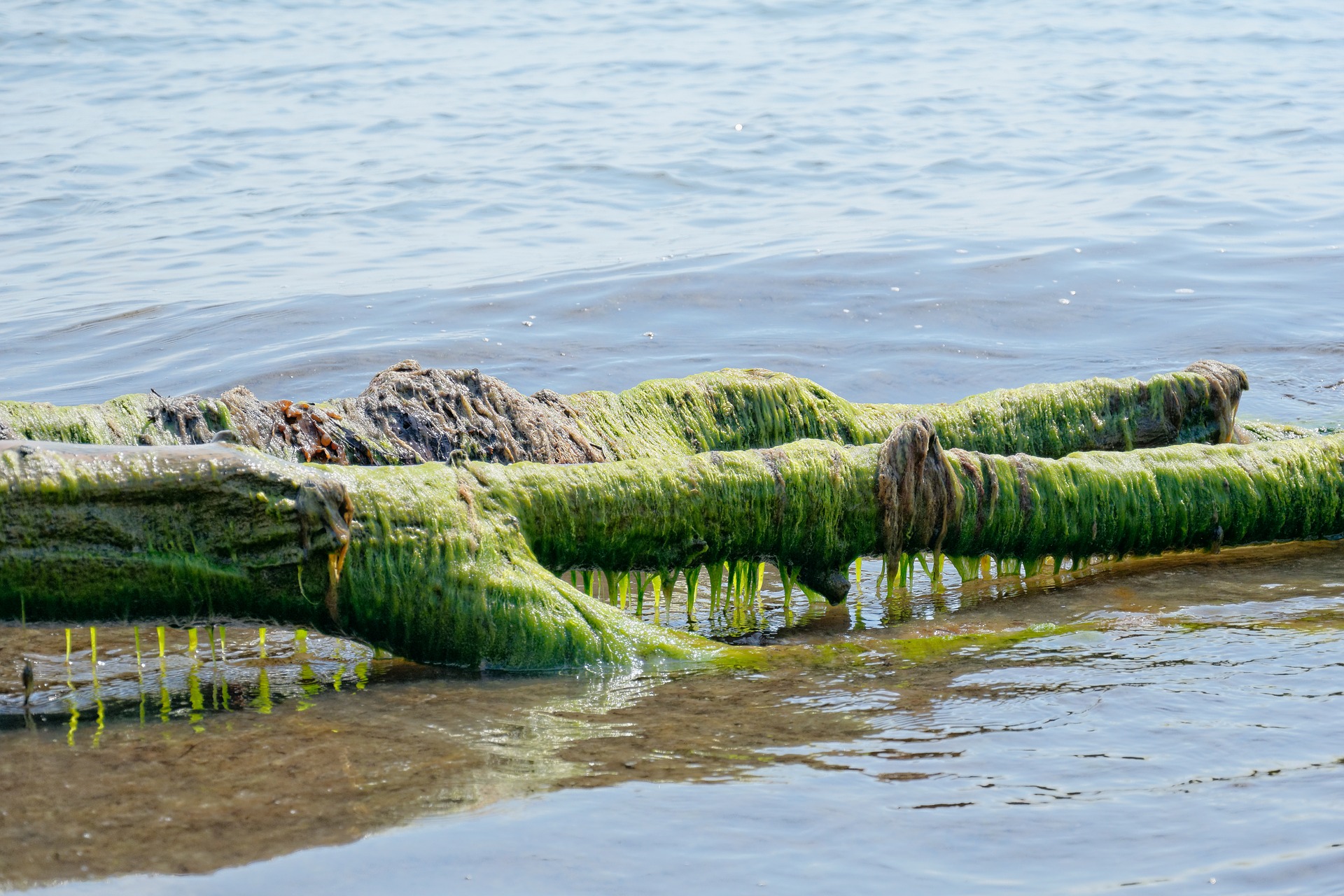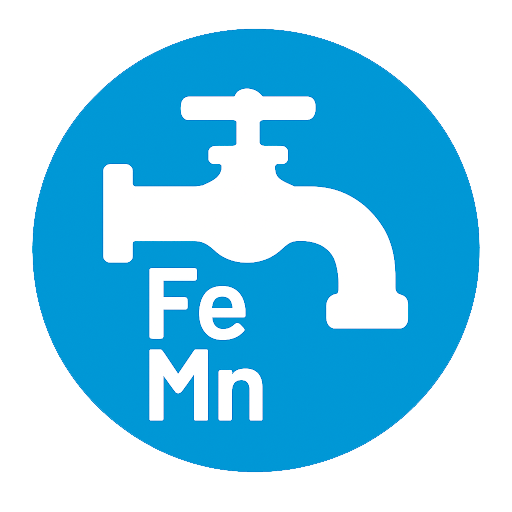Taste Issues & Bad Odors in Well Water and Municipal Water
See below for some common odors & tastes found in New England water
WATER SMELLS MUSTY OR FISHY
If you notice your water smells like fish or has a musty odor, algae blooms are likely the cause. This issue is common in the summertime, when lakes and reservoirs can see a rapid increase in algae growth.
Water treatment facilities remove algae from public water systems. However, some particles that cause odors, like musty, fishy, or mildew-like smells, may still be present. The presence of these particles does not typically pose any direct threat to human health. However, if you’re on a public water supply, you may want to contact the water division of your town for further information.
If you rely on a private well and these issues arise, contact H2O Care for an assessment. Activated carbon filtration, ozone infusion, and reverse osmosis are all effective treatments for musty or fishy tastes and odors.


WATER TASTES LIKE METAL OR HAS A METALLIC SMELL

Iron and manganese are very common in the New England region. Generally, these metals in drinking water are not harmful at low levels. The EPA’s drinking water regulations are set at .3 mg/L for iron and 0.05 mg/L for manganese. It should be noted that elevated levels of manganese in water can pose health risks.
Even at low levels, you may experience a metallic odor or taste from iron or manganese contamination. You might see rust flakes in your water, gray/black or reddish stains throughout your home, brown water from the faucet, and signs of iron or manganese bacteria. Iron and manganese bacteria can also cause unpleasant tastes and smells and staining, plus slime buildup and pipe clogging.
Water softening will typically remove dissolved manganese and iron in water, while sediment filtration will remove particulate forms. If you have iron in your water in Maine, New Hampshire, Rhode Island, or Massachusetts, call H2O Care. Check out our whole-home iron removal equipment for cleaner, better-tasting water with just one system!

BAD ODOR AND TASTE FROM CHLORINE
Chlorination is the most common method used by cities and towns for disinfecting drinking water. While the chemical can be harmful in high doses, when it is properly added to water, it kills germs but leaves the water safe to drink. The dosing levels of chlorine may vary during the course of the year.
In summer, the potential for increased bacterial activity is typically countered with higher doses of chlorine. Also, you may have a higher level of chlorine in your tap water if you live close to the water treatment plant, and less if you are further from it.
Chlorine can cause a smell and taste that is similar to a swimming pool. Chlorine is also not the best thing for your skin or hair, as it can dry out both. If your water has a chlorine-like taste or odor, there are ways to address it. Carbon filtration and reverse osmosis are very effective at removing this water quality issue.
WATER SMELLS OR TASTES LIKE GASOLINE / PETROCHEMICALS
If you notice odors and tastes in your water that resemble oil or gasoline, there’s a quick test you can do to work out where they may be coming from. It’s also crucial to stop drinking the water immediately, as this indicates dangerous contamination.
Get a glass of tap water and take it into another room, as far away from the tap itself. If the bad smell or flavor disappears, this could mean there is a problem with the drain near the tap. If the taste or odor is still present, it could be because there are petrochemicals around your water pipes. Check for any fuel leaks on your driveway or near your property.
It’s also possible that leakage from a gasoline storage tank in the area is causing this. Contact your town to find out if they are aware of any situations that may have affected the well where you live. This leakage could have happened a long time ago and has just begun finding its way into the aquifer supplying your well.
If you’re experiencing gasoline-like flavors and odors or you see an oily film on your tap water’s surface, you should schedule a water test as soon as possible. A test from H2O Care will provide complete answers so you can protect your water supply.
Depending on the results, this water quality issue can be corrected with several technologies. We may recommend carbon filtration, oxidation, or ozone infusion.

WATER SMELLS AND TASTES LIKE ROTTEN EGGS

If you have water that smells like sulfur, you’re not alone. This is a common issue in New England water supplies caused by hydrogen sulfide gas.
Hydrogen sulfide can create an extremely bad odor and taste that is difficult to tolerate. Carbon filtration and aeration can be effective water treatment methods. However, at higher levels, ozone technology is best for addressing this issue.
If your water smells like rotten eggs, then reach out to our team today to book a water quality test.
Contact H2O Care for Taste & Odor Issues
Several water quality issues can cause bad tastes and odors in New England water supplies. Whether you notice brown water from the tap that has a metallic flavor or a rotten egg smell, we can help you identify and treat water quality concerns.
Since 1989, we’ve helped address water issues in Massachusetts, Maine, New Hampshire, and Rhode Island. From well water filtration systems to carbon filters for chlorine odor, we have everything you need to enjoy cleaner, better-tasting water. We have over 30 years of experience in water quality services and only use cutting-edge equipment and technology.
Contact us today to schedule a free water test with our in-house experts. From the initial phone call to routine maintenance appointments, our primary focus is delivering outstanding customer service.
